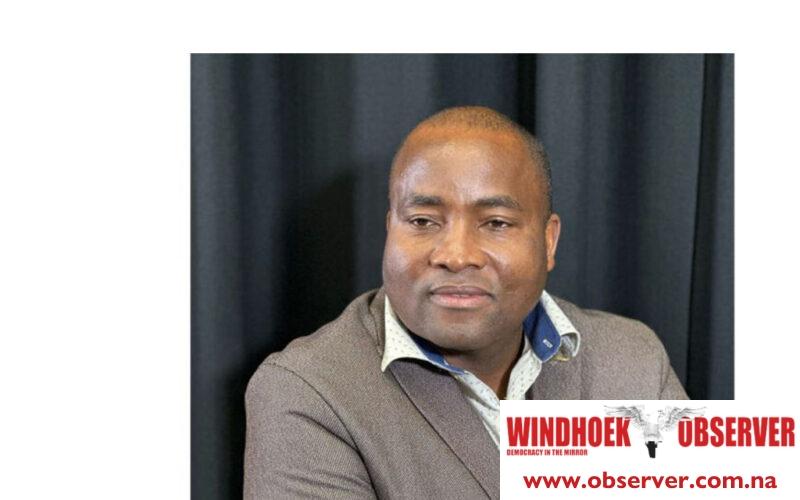Niël Terblanché
Namibia’s state-owned enterprises (SOEs) are shedding their reputation as financial burdens and emerging as vital contributors to national development.
This transformation was the central theme at the ninth annual State-Owned Enterprises Annual General Meeting (AGM), held in Oshakati over the weekend.
The event, which also featured a series of inter-SOE sports events, highlighted the evolving role of SOEs in the country’s economic landscape.
The chairperson of the Public Enterprises Chief Executive Officer’s Forum, Fluksman Samuehl, expressed optimism about the future of SOEs.
“Namibia’s SOEs are no longer seen as liabilities to the government. They are now crucial partners in economic development and service delivery,” Samuehl said.
His remarks came after the week-long AGM, which saw participation from 57 SOE chief executive officers and their senior executives.
The AGM was notable for its discussions on corporate governance and economic contributions, as well as its emphasis on fostering camaraderie and promoting sports among SOE employees.
The Minister of Sport, Youth, and National Service, Agnes Tjongarero, praised the forum for this initiative, underscoring the importance of sports in strengthening relationships within the public sector.
“Such events not only build teamwork within SOEs but also promote a culture of physical fitness and well-being among employees,” Tjongarero said.
During the forum, Secretary-General George Simataa highlighted the critical role of SOEs in serving government interests and contributing to national development goals.
“SOEs are integral to the government’s strategy of delivering essential services to the Namibian people, including education, health, energy, and public safety,” Simataa said.
He stressed that SOEs should not operate in isolation but in collaboration with government bodies to ensure effective service delivery.
Simataa pointed out that the Namibian government has recently introduced reforms to enhance the performance of SOEs.
These include the adoption of generally accepted principles of corporate governance, a streamlined legal framework, and updated policy directives.
“These reforms aim to transform our SOEs into efficient agents for implementing national development plans, crucial for achieving our Vision 2030,” he added.
SOEs are seen as key players in creating employment, controlling essential industries, and maintaining price stability.
These enterprises are also instrumental in fostering self-reliance and supporting national interests.
“By working closely with the government, SOEs can help drive economic growth and improve the quality of life for all Namibians,” Simataa said.
Simataa stressed that poor public service delivery reflects on the government as a whole rather than on individual enterprises or ministries.
“Our citizens expect effective services, regardless of the institution responsible. It is essential that we work together to meet these expectations,” he said.
Namibia’s SOEs are poised to play an increasingly important role in the country’s development.
The government’s ongoing reforms and the AGM’s resolutions will enable SOEs to become more dynamic and effective.
As Namibia moves towards its Vision 2030, the transformation of SOEs from perceived liabilities to valuable assets is a demonstration of the country’s commitment to progress and prosperity.
Key resolutions from the AGM included a call for SOEs to deepen their involvement in the national economy and streamline efforts in service delivery.
There was also a strong emphasis on the need for improved corporate governance practices within SOEs.
These resolutions are expected to drive SOEs towards more effective and efficient operations, aligning with national development objectives.
The Namibia Airports Company and the Namibia Civil Aviation Authority will host the AGM next year.




